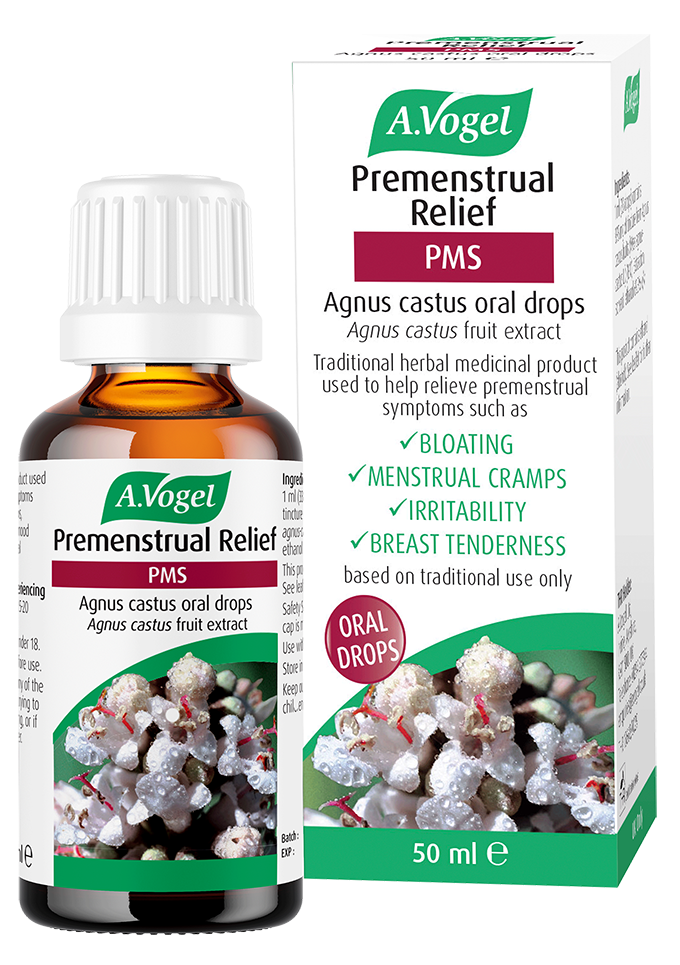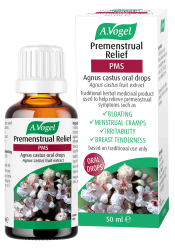Why are periods such a worry around exam time?
The thought of having your period during an exam isn’t a pleasant one. After all, there are painful cramps to deal with, you may worry about having a leak and then there’s the fact that you may lack concentration as a result of all the pain and worry. Plus, that’s not to mention all of the other symptoms that can so easily crop up so yes, it’s less than ideal.
Opinion differs as to how this problem should be addressed with some people believing that girls should be mitigated from an exam if they are on their period. Now, initially this might seem like the fair thing to do, gender equality, right? Men don’t have to deal with periods so if women are able to wait and sit their exam when they’re period free too then it’s all quite fair.

Wait, not so fast – how can it be proven that a girl is on her period? How can we measure how bad one person’s symptoms are compared to the next? There’s always the risk that the system gets abused at some stage and people may conveniently end up with some extra study time. It could quite easily be argued that this isn’t fair and yes, you might be right.
However, there are some other issues with the idea that girls should be able to bow out of doing exams if they have their period – a topic that I feel quite strongly about. If periods are so awful – and I mean so painful and traumatic that a girl couldn’t possibly face sitting an exam for a couple of hours – shouldn’t we be doing something about this?
Painful, heavy periods could be the result of a hormone imbalance or a more serious underlying condition so it’s important to consider what your symptoms mean and try to treat them accordingly – click the links above to help you work towards understanding what’s really going on.
Now let’s talk about some self-help tips
Regardless of whether or not you breeze though trouble-free periods or if you suffer from PMS, these simple steps can still help you to prepare as best you can for a period during exam time.
Be prepared
Being organised is half the battle when you expect to have your period during exam time. In many cases you aren’t allowed to leave the exam hall so make sure you’re prepared beforehand and you can’t go wrong.
Many girls get some warning that’s it’s coming in the form of cramps in the day or two before it starts. However, if not, just to put your mind at rest, there’s no harm in preparing anyway. Why not wear a sanitary towel as this means you have don’t have to worry about being caught unaware?

Also, it’s worth considering the type of sanitary products that you use. If you generally use tampons, try opting for a bleach-free variety next time as there have been reports of reduced period pain in women using chemical-free, organic tampons. These are readily available and I can bet you’ll be pleasantly surprised as to how reasonably priced they are compared to the brands that you would normally opt for.
Ensure you’re hydrated
Drinking plenty of water in the lead up to your period (and at any time!) is really important as dehydration is only going to make many of the symptoms associated with periods worse. Aim to drink approximately 1.5l of water each day and remember to take a small bottle of water (minus the label) into the exam hall with you.
Eat well
Eating well in the lead up to your period is key but it’s especially important to try and pack in plenty of magnesium-rich foods. Magnesium helps to relax tense muscles, including those in and around your womb which contract to give you that awful cramping sensation.
Also, many unhealthy foods and medications can drain your magnesium stores. Being deficient in magnesium and having your period isn’t a good combo so make sure you stock up on plenty of fresh fruit and vegetables including leafy greens, as well as nuts and seeds.

It may be tempting but try not to eat too many sugary treats on your period either and instead go for more natural options. This will help to keep your energy levels steady and will keep distracting sugar cravings at bay – this is what you want during an exam for sure!
Get your bowels moving
You might assume that your bowel movements don’t have much of an impact on your period but actually they can. If your bowels are slow moving they are likely to be congested and full of nasty waste that you don’t really want lying around.
This creates a physical mass, which can poke into your already sensitive womb, but it also means all of this toxic muck is left lying right beside your ovaries and womb. Toxins can easily escape and disperse out into the surrounding areas so it’s no wonder you’re feeling rather tender!
Makes sure you consume plenty of fibre, drink plenty of water, and try some Linseed and/or Senna if you need short-term relief of occasional constipation.
Get enough sleep
Sleep is essential for many important bodily functions but first, let’s consider the brain. If you’re well rested, you’re more likely to be able to concentrate - always a good thing when sitting exams!
 Also, being sleep deprived can really affect your mood therefore getting enough sleep is bound to make you feel as positive and stress-free as possible (under the circumstances of course). It’s also possible that if your mood is low then you’ll become more sensitive to pain so rest up and you could feel the difference.
Also, being sleep deprived can really affect your mood therefore getting enough sleep is bound to make you feel as positive and stress-free as possible (under the circumstances of course). It’s also possible that if your mood is low then you’ll become more sensitive to pain so rest up and you could feel the difference.
Try out a heat pad
Heat pads are thought to offer temporary relief for period pain – perhaps a good solution for an exam lasting for a couple of hours. By applying a source of heat to the affected area, it’s thought that pain receptors are dulled and heat receptors are activated instead.
Consider herbal remedies
If your periods are particularly painful and you often suffer from other typical symptoms of PMS, it could be worth trying a herbal remedy.
Our Agnus castus is a traditional herbal remedy used to relieve symptoms of PMS such as menstrual cramps, mood swings and sore breasts.
It is suitable for woman over 18 years of age and those not already on any hormonal contraceptives.
Don’t be afraid to visit your doctor - they may have solutions!
If you’re really worried about the impact your period may have on your exams, or that they are particularly painful, paying a visit to your doctor would be recommended. Painkillers and anti-inflammatory medication are available from your pharmacist or doctor which can help to reduce period pain. However, you probably don’t want to be taking these medications on an on-going basis.
So, if you tend to suffer from period pain month after month, then there are some other options worth discussing like the possibility of going on a hormonal contraceptive. These can help to regulate your periods (so it’s easier to tell exactly when they’re due) but they can also help to make your periods lighter and less painful too.
If you’re really panicking about your exams but don’t want to go on any medication long-term there may be some pills available that can be taken in order to delay your period for a week or two – speak to your doctor to find out more.
So, hopefully this has helped and after taking some of my advice on board, you can concentrate on preparing for your exams instead of worrying about your period!
Originally published 24 November 2016 (updated on 8 October 2018)






 Looking for our products in a store near you?
Looking for our products in a store near you?

